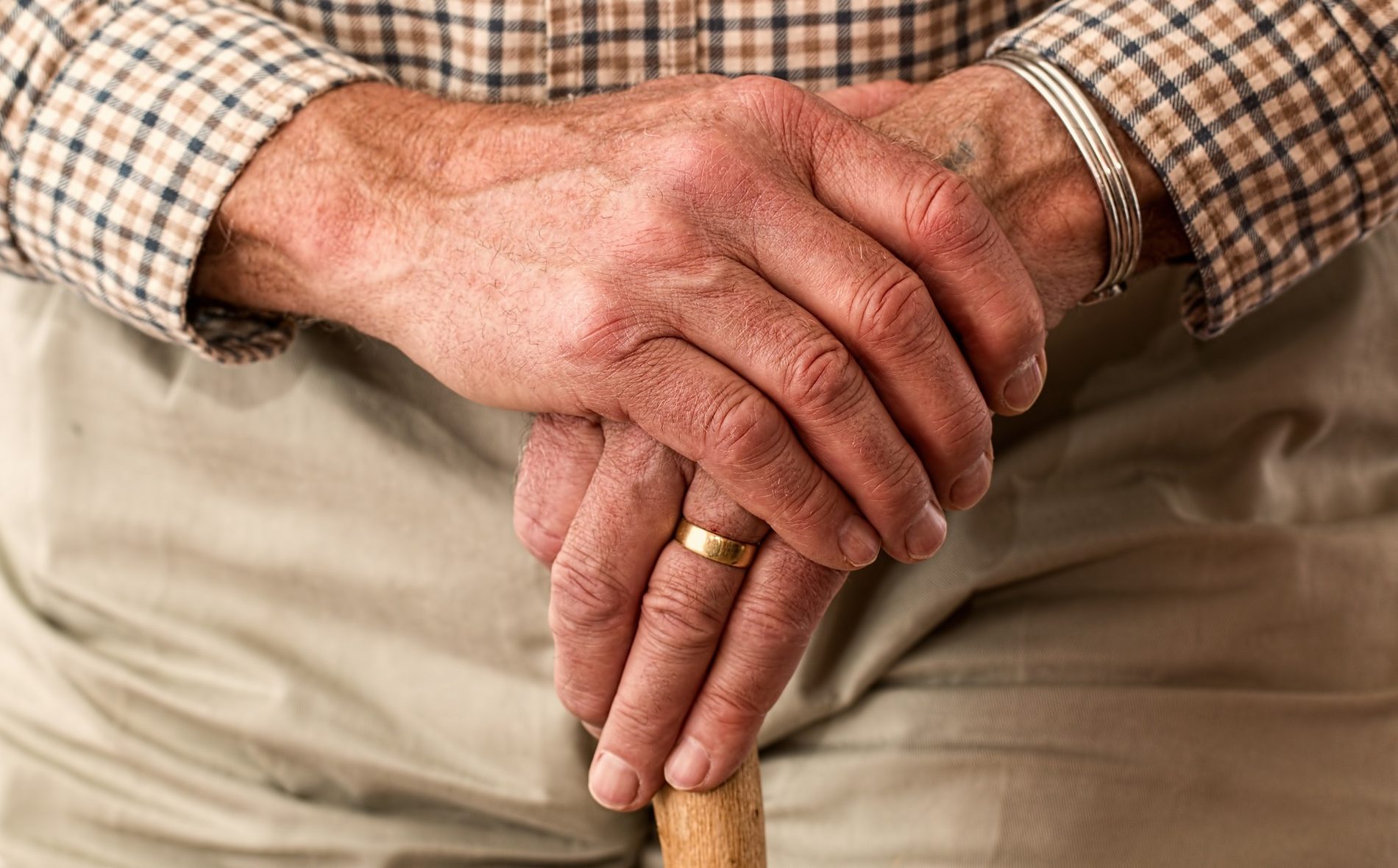 View Winners →
View Winners → Pasadena’s Quiet Crisis

Baby-boomer generation turns 65 in unprecedented numbers. – Courtesy photo
By Akila Gibbs
A historic shift is taking place in our country, and Pasadena has landed in the middle of it. Our community, like so many others, is facing dramatic growth in its older population as members of the baby-boom generation turn 65 in unprecedented numbers.
This year, our retiree population will grow faster than the population of young people. And next year will see the same, and the year after that.
In fact, the historic makeup of Pasadena and the San Gabriel Valley insures we will see a demographic shift that is more dramatic than in many urban areas.
And we are not ready.
At present, our growing cadre of older adults encounters a stark reality about growing old in our communities. Instead of the so-called golden years, retirees often find they have entered a period of disconnection from the world around them, social isolation and a loss of purpose.
“We have a huge issue and problem with seniors aging, not living as we should,” Marianne Kilkenny, founder of Women for Living in Community, recently told the Washington Post. “We’re wanting the social cohesion, and know that we need to be connected, but the path isn’t there.”
Here in Pasadena and the San Gabriel Valley, we have done little in the face of this quiet crisis. Most cities do operate a small group of senior centers, but many of these places are sadly understaffed and without the resources to offer much more than occasional bingo and television.
For 10 years, I have served as executive director of the Pasadena Senior Center, a non-profit organization that receives no operating funds from the city, county, state, or federal government. We have tried to become the exception to the rule by offering our members a wide variety of engaging activities from sports programs to lecture series to dance classes.
But our center already is strained to the limit. To deal with the wave of older adults coming through our doors, we have been forced to use our diminishing resources even more effectively to continue our programs. With the current need for our services growing, there is no way we will be able to serve the bigger wave that is coming.
What do seniors need? We have found, more than anything, they need a place of community; somewhere they can explore life anew and exercise their often surprising talents and abilities. This requires a wide variety of programs and activities, such as our Sy Graff Fitness Center, Computer Lab and Lifelong Learning programs that allows them to choose a niche where they are comfortable.
But just as the baby-boom children post-WWII America required a reallocation of resources to provide the essentials for their lives, so too will older adults unless we are willing to consign them to an empty life.
This need not be catastrophically expensive. In fact, compared to the costs of raising the baby boom children a generation ago, many senior programs can be carried out at relatively modest cost.
To appreciate this bargain, consider that older adults who have access to a vibrant community center where they stay involved in life are healthier and far less likely to succumb to dementia or cognitive and physical decline, all of which are highly expensive to treat.
From somewhere, though, our communities need to find the commitment to meet this growing challenge. I am writing this appeal in the hope that we can do just that. Given the present state of finances with many local governments, I believe success will require some form of public-private partnership.
At the Pasadena Senior Center, for example, the City of Pasadena does not provide program support but does provide a splendid downtown facility free of charge. There are many other such possibilities that could be explored.
This year, as we have in the past, the Pasadena Senior Center will make a call to each of our homebound seniors each day, Monday through Friday. The purpose of the calls is simply to check on their welfare. Are they feeling well? Do they need help with meals?
This program, which we call Telephone Reassurance, is one of my favorites at the Center. Our callers develop fond relationships with the homebound seniors, who know we are there to help them if necessary. In the past it has saved lives.
But if the current financial trend continues, one day the Telephone Reassurance program could disappear. That would be tragic. So it is my fervent hope that we will make the commitment to the seniors of our community, and make sure that day never comes.
Akila Gibbs is executive director of the Pasadena Senior Center.
